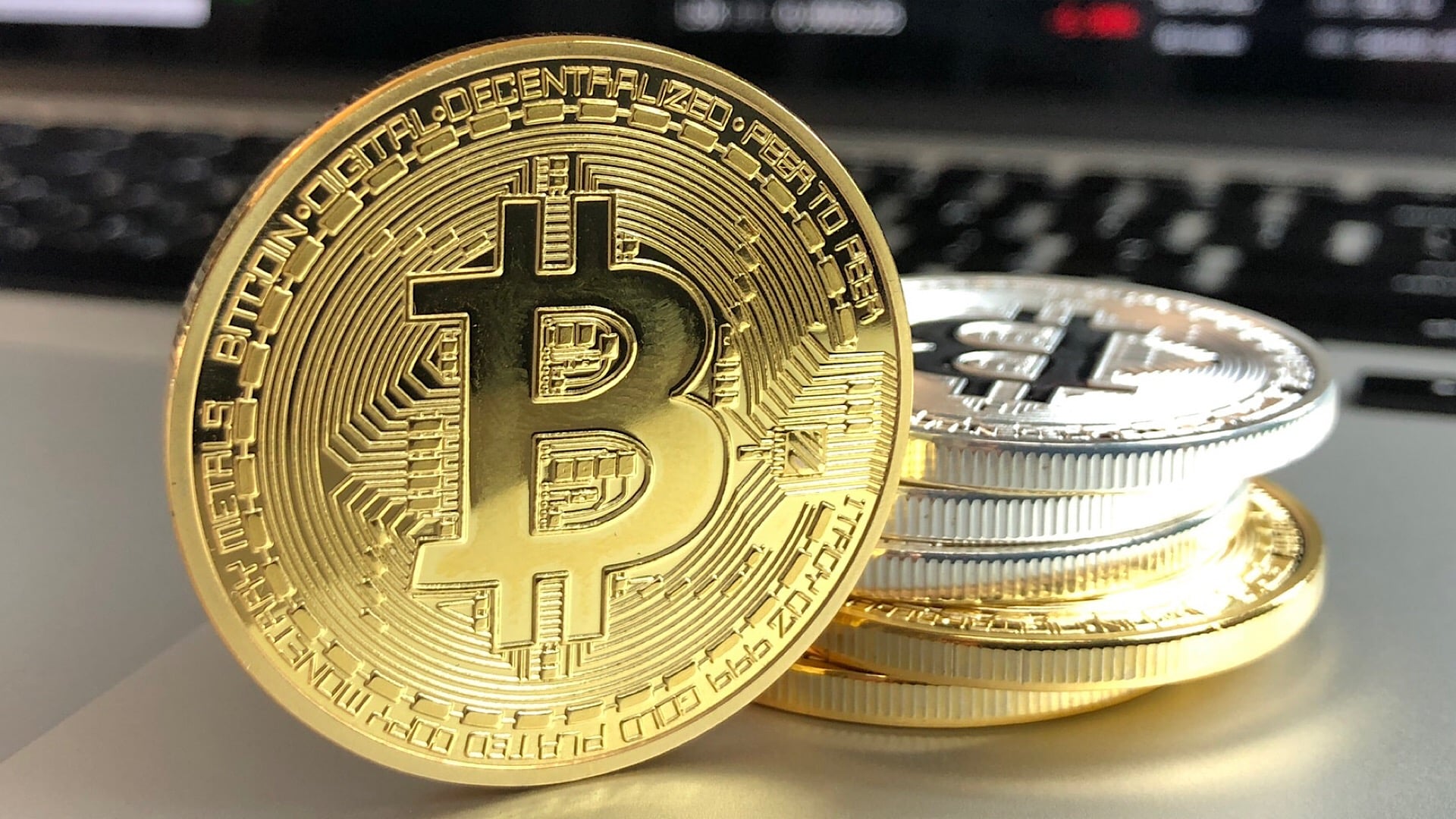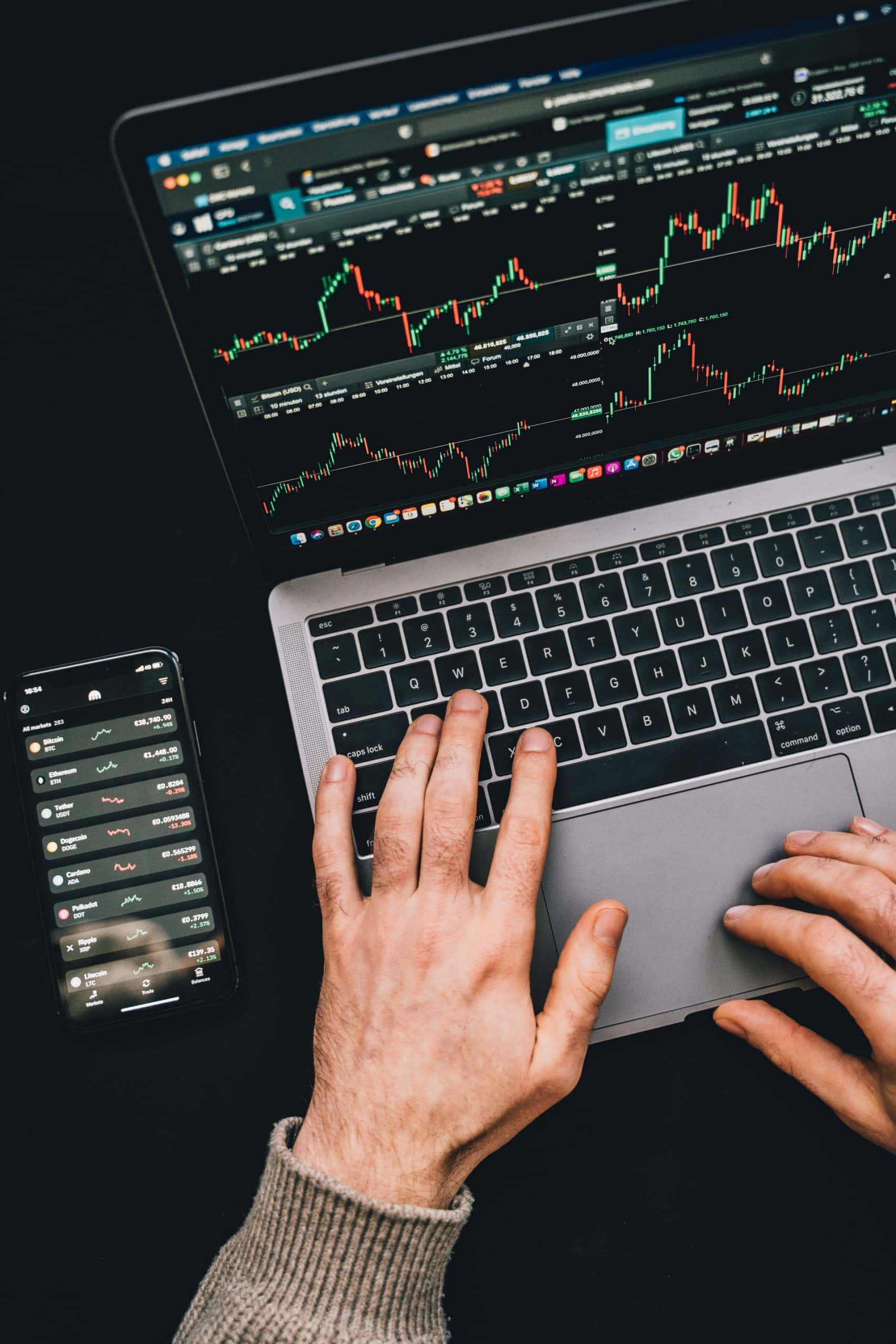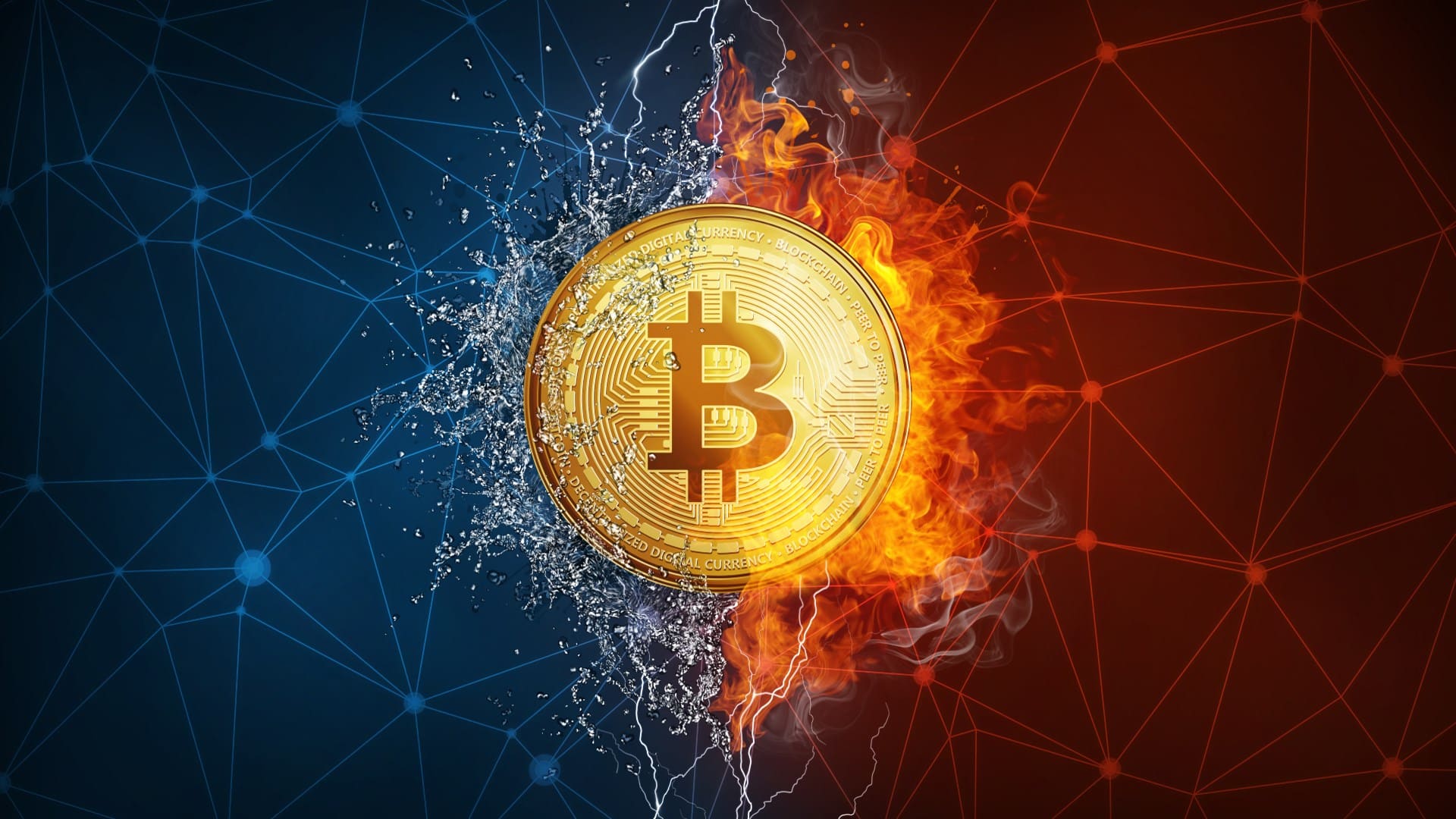The market finally grew up, moving from pure speculation to real financial products. Regular investors now buy crypto through their bank accounts while institutions trade billions daily. The change happened fast but created a stronger market.
Market Dynamics and Key Players
Big banks now control most crypto trading. BlackRock started its Bitcoin fund, Fidelity sells crypto to regular customers, and Morgan Stanley tells its rich clients to buy Bitcoin. Goldman Sachs trades crypto every day. These banks used to call Bitcoin a scam, but now they make money from it.
The crypto exchanges faced strict new rules. Binance paid $8 billion in fines and their CEO left. Coinbase follows regulations but still fights with the SEC. Many small exchanges closed because they couldn’t handle the new requirements. The market needed this cleanup to grow bigger.
Traditional trading platforms added crypto sections. Charles Schwab sells crypto funds, E*Trade offers Bitcoin trading, and TD Ameritrade built crypto tools. Every major broker wants part of this market now. Small investors trade crypto next to their stocks and bonds.
New Projects and Opportunities
The crypto presale market grows fast in 2024. Many new cryptos launching presales bring fresh ideas. Pullix combines regular trading with DeFi features and Meme Kombat takes a new approach to gaming tokens. Smart investors can spot good projects among many copycats.
Networks like Arbitrum and Optimism fixed high gas fees. In 2021, people paid hundreds of dollars for transactions, and now they pay just cents. Better technology made crypto easy to use, and now new scaling solutions launch every month. The networks run faster and cheaper than ever.
Gaming changed completely in crypto. After Axie Infinity failed, new gaming projects took over. Big companies like Ubisoft and Square Enix build blockchain games now. These games focus on fun first, not just earning tokens. The gaming market grows every quarter, more players join as games improve.
NFT markets found real use cases. Artists sell music rights through NFTs, real estate deals use NFT contracts, sports teams offer fan tokens, and big brands launch NFT products. The technology works for business now, not just digital art.

Regulatory Changes and Impact
The SEC hit crypto companies hard, and many got sued. Ripple won its case, but others lost badly. Celsius went broke, FTX collapsed, and Luna cost investors billions. Every company learned to follow the rules or die. The market cleaned up fast after these crashes.
Some countries support crypto business. Japan made clear rules. Hong Kong wants crypto companies. Dubai gives out licenses fast. But they watch these companies closely and punish bad behavior. Good regulation helped the market grow.
Banks changed their view on crypto. They started with basic services, then added trading desks. Now they tell clients to buy crypto. Even banks that hated Bitcoin in 2017 sell it now. The banking system accepts crypto as real money.
Security got much better. People use safer wallets, insurance protects crypto holdings, and trading platforms hire real security experts. The whole industry became more professional. Hackers find fewer targets as security improves.
Market Growth and Integration
The media talks about crypto differently now. CNBC shows Bitcoin prices next to stocks. Bloomberg writes about DeFi. No more articles about crypto dying. Regular news tries to understand the technology. Reporters learned how crypto works.
The crypto market works better now. Regular people buy it through normal accounts, even old people get Bitcoin in retirement funds. Companies build real products that solve problems. Traditional finance and crypto work together instead of fighting. This mass adoption happened naturally.
Investment funds hold crypto, pension funds buy Bitcoin, university endowments trade altcoins, and private equity invests in crypto companies. Big money entered the market and stayed. Now, they treat crypto like any other asset.
This market became something useful. Not what crypto fans wanted in 2013, but maybe better. A system that works for everyone, combines old and new finance and keeps improving.

Crypto won by becoming part of the system instead of destroying it. The revolution succeeded by evolution instead of destruction. The future looks bright as more people join this new financial world.







